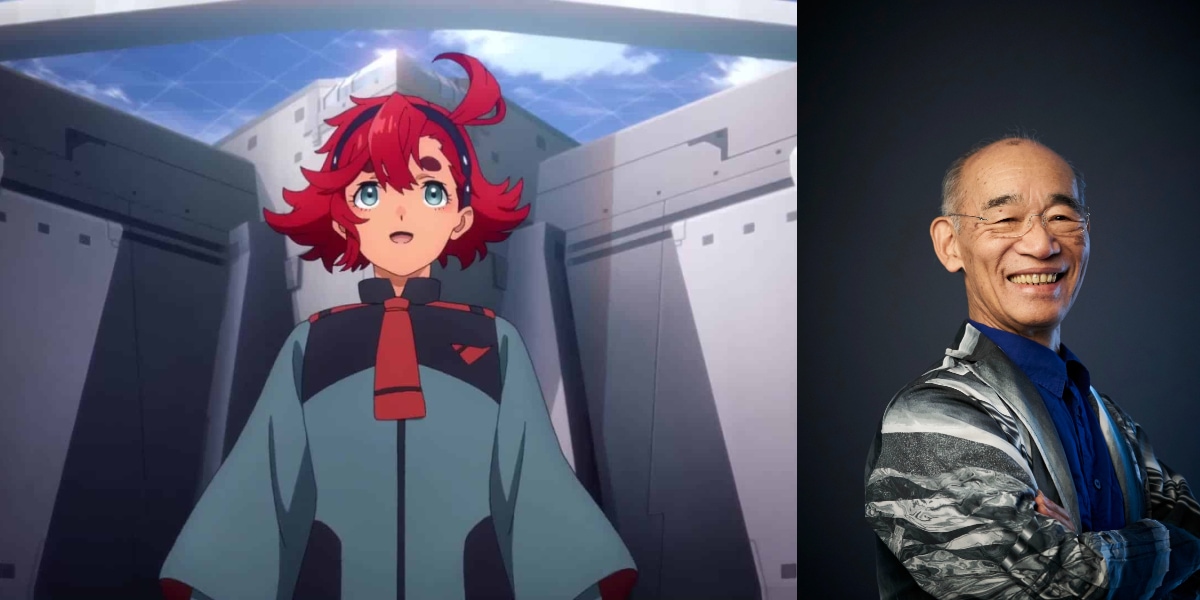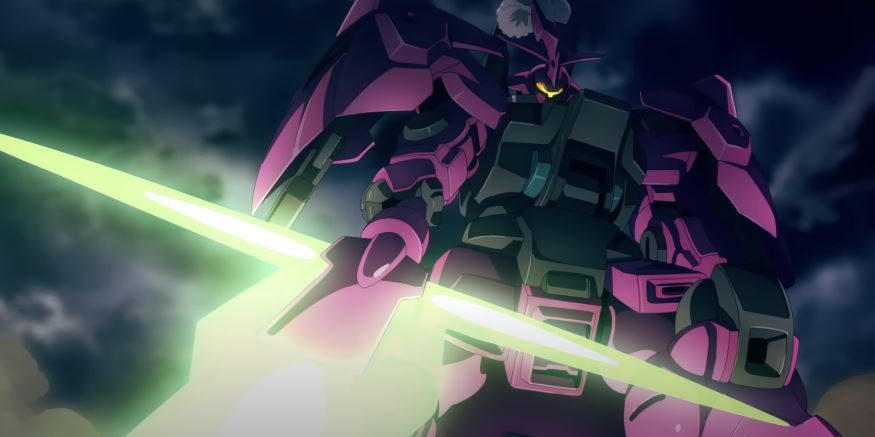Naohiro Ogata, an executive producer at Bandai Namco Filmworks, recently discussed plans for the upcoming live-action Gundam movie.
He compared their approach to adapting this iconic Japanese anime franchise for a Hollywood production to what Netflix has done with their live-action adaptation of One Piece.

Ogata noted that since the Gundam film requires a sizable budget, the pre-production process has taken quite a long time so far. However, he expects that once filming actually begins, the production will move swiftly.

He emphasized that this Hollywood version of Gundam is crucial for the franchise’s 50th anniversary in 2029, as it presents a major opportunity to grow the international appeal of the property outside of Japan, much like the One Piece live-action series aims to do.

The worldwide success that Netflix’s One Piece adaptation finds will demonstrate the great potential in adapting other landmark anime titles such as Gundam for viewers around the globe.

Ogata relayed a recent anecdote highlighting the growing global reach of anime. He described attending an anime competition in Finland last year where he saw a fan dressed as a character from the latest Gundam series, The Witch of Mercury.

This experience demonstrated to him how digital distribution makes it possible to directly engage audiences worldwide regardless of time zones or language barriers.

He believes Japanese anime has become a vital component of streaming platforms’ content strategies and possesses innate strengths that lend themselves to international appeal, especially the compelling visuals of its character designs that transcend cultures.

Ogata explained that while they produce content in Japanese initially, the animation and character visuals form a “powerful weapon” to attract viewers who don’t speak the language.
Hollywood’s Gundam Live-Action Movie and Anime Fans’ Growing Acceptance of Adaptations
The Gundam live-action movie set to release in Hollywood will be directed by Jordan Vogt-Roberts, known for Kong: Skull Island, with the script written by acclaimed comic book author and Lost TV series writer Brian K. Vaughan.

Legendary Pictures is co-producing with Sunrise, the longtime Gundam rights holder.

Ogata noted that the enthusiastic reception towards the One Piece live-action adaptation seems indicative of growing openness amongst anime fans towards well-executed live-action versions.
For example, the recently released Avatar: The Last Airbender adaptation is drawing strong viewership numbers on Netflix despite mixed reviews.

In similar news, the writer and director were announced for Lionsgate’s upcoming Naruto live-action movie, receiving a strong endorsement from Naruto creator Masashi Kishimoto.

On the animation side, Gundam projects in the works include Mobile Suit Gundam: Requiem for Vengeance – a new 3DCG Netflix anime using advanced Unreal Engine 5 technology, as well as a new film continuing the popular Mobile Suit Gundam SEED Destiny storyline which set franchise box office records when it released.
Why Mobile Suit Gundam Is So Popular
The Mobile Suit Gundam franchise has long been hugely popular in Japan but has not achieved the same mainstream international success in the West as other major anime series like Dragon Ball Z, One Piece, and Naruto.

The most widely seen and well-received Gundam series in Western countries was Mobile Suit Gundam Wing from 1995, which stood out for its serious tone and mature themes involving terrorism and warfare – a stark contrast to action-oriented shonen anime popular at the time.
However, later Gundam shows failed to capture the same attention, often proving either too goofy and niche (like G Gundam) or failing to connect with target demographics (like Gundam SEED).

Essentially, while seminal early entries like Wing hinted at mass appeal potential, most Gundam installments catered heavily to established domestic fans rather than attracting new global ones.
Now, with the anime industry booming worldwide, there are growing opportunities to adapt Gundam with international audiences in mind via platforms like Netflix.

The upcoming live-action movie and new series seem designed to showcase the franchise’s merits to viewers unfamiliar with decades of continuity.
By focusing on strong production values and universal sci-fi themes over indulging continuity, these big-budget reintroductions could finally help Gundam transcend its status as a domestic phenomenon to become a global media franchise on par with Japan’s most famous anime exports.





